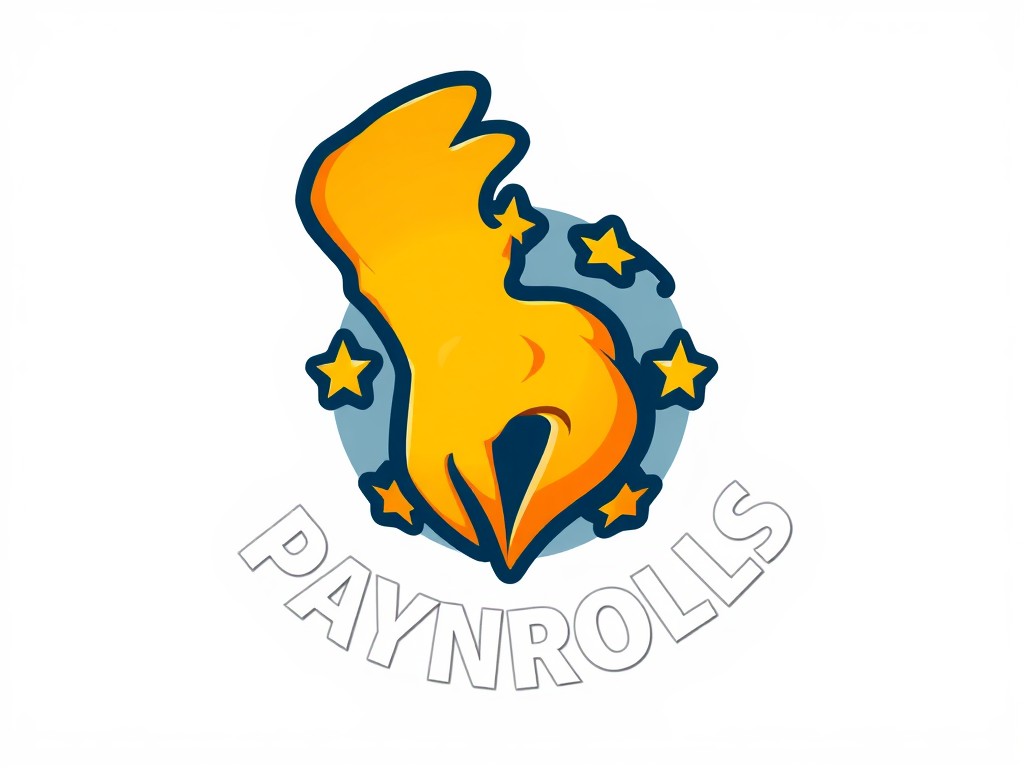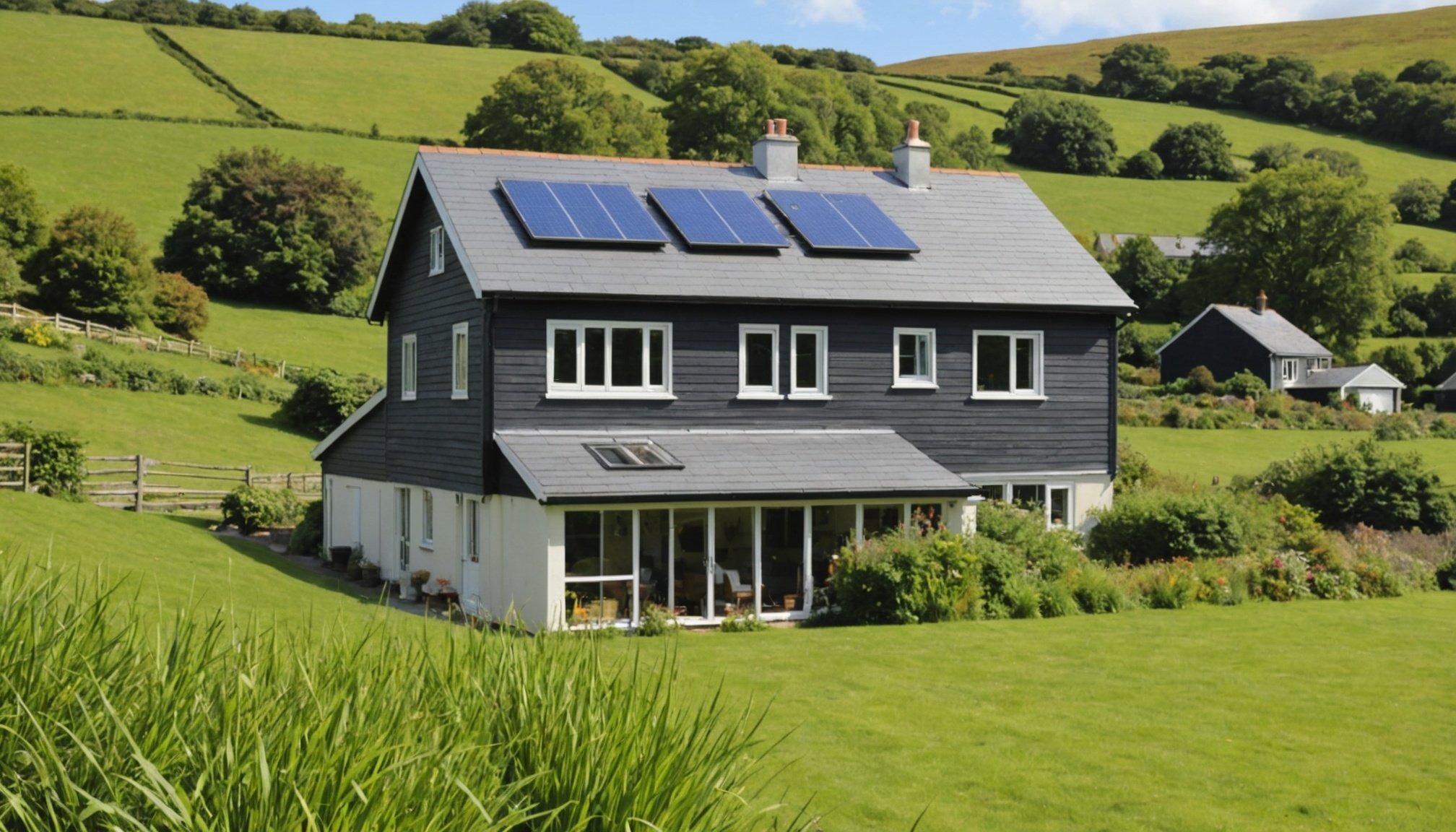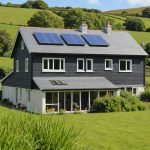Overview of Eco-Friendly Homeowners Insurance
Eco-Friendly Homeowners Insurance is gaining traction as more homeowners seek sustainable insurance options. This type of insurance focuses on providing coverage that supports environmentally friendly practices and sustainable living. Unlike traditional insurance, eco-friendly policies often include incentives for using sustainable materials and implementing green building practices.
Key Differences
Eco-friendly policies can differ from standard insurance by placing emphasis on sustainability. For instance, policies may provide coverage for the costs associated with rebuilding a home using sustainable materials, or offer discounts for homes that meet certain environmental standards.
A découvrir également : Smart Strategies to Lower Insurance Costs for Properties in Birmingham”s Industrial Zones
Sustainable Building Certifications
Sustainable building certifications are critical in determining the eligibility and benefits of eco-friendly homeowners insurance. Certifications such as LEED (Leadership in Energy and Environmental Design) and Energy Star often result in reduced premiums due to the decreased risk of damage and the promotion of resource efficiency. Insurers recognise homes with such certifications as lower risks, leading to more competitive rates and enhanced coverage benefits for the homeowner.
Types of Eco-Friendly Homeowners Insurance Policies
Exploring eco-insurance products is essential for homeowners committed to sustainability. Understanding the types of coverage available will help in making informed decisions.
A lire en complément : Smart Home Insurance in Cambridge: Your Guide to Finding the Perfect Coverage for Tech-Enabled Living
Green Home Endorsements
When considering insurance, look for policies that offer green home endorsements. These policies often include coverage for eco-friendly upgrades. They cater specifically to homeowners who have invested in sustainable features like energy-efficient windows or solar panels, providing financial protection tailored for green improvements.
Replacement Cost Coverage for Sustainable Materials
Opting for replacement cost coverage for sustainable materials ensures that if damage occurs, your eco-friendly components will be reinstated with similar materials, without additional costs to you. This elevates the value of your coverage, making it more aligned with sustainable living values.
Liability Coverage Considerations for Green Homes
Liability coverage is also crucial as it differs for renewable energy installations. Renewable energy systems, such as wind turbines or solar power, may require additional considerations due to their unique risks. Ensure inclusive policies for eco-friendly renovations that address these potential liabilities, integrating protection for innovative technologies in your home.
In short, understanding your options can guide you toward policies that reflect a commitment to green living, providing comprehensive support for your sustainable investments.
Discounts and Benefits for Eco-Conscious Homeowners
Eco-conscious homeowners can reap significant rewards through various insurance discounts and eco-friendly benefits. One common incentive is reduced premiums for energy-efficient homes, which can dramatically lower both utility costs and insurance expenses. Insurers encourage renewable energy usage by offering rebates for incorporating solar panels, energy-efficient appliances, or smart home systems.
There are also available discounts for sustainable practices, such as using reclaimed or recycled materials for home renovations or adopting green practices like rainwater harvesting. Homeowners who plant native landscaping or create wildlife-friendly spaces may find themselves eligible for specialized savings.
These eco-friendly benefits translate into long-term savings. By investing in energy-efficient upgrades, homeowners not only reduce their carbon footprint but also slash ongoing charges. For example, homes powered by solar panels become less reliant on grid electricity, which leads to substantial reductions in bills over time.
Conversely, the environmental impact is significant. By embracing sustainable materials and renewable energy, eco-conscious homeowners contribute positively to reducing greenhouse gases. This effort supports a future where energy sustainability becomes commonplace, aligning personal values with financial sensibility. This dedication to eco-consciousness offers an achievable path to rewards for those committed to making a difference.
Evaluating Insurance Providers
Choosing an insurance provider involves multiple factors, with Selecting Insurers being crucial to meet your needs. One essential metric in this process is Insurance Company Ratings, which provide insight into the financial strength and customer satisfaction of a provider. These ratings often reflect the ability of an insurance company to handle claims efficiently.
Reviewing Eco-Friendly Insurance Options
Consumer demand for sustainable practices has prompted many insurers to offer eco-friendly policies. When selecting insurers, it is crucial to verify their commitment to sustainability through industry certifications and responsible investment strategies that minimize environmental impact.
Assessing Customer Service and Claims Process
Consider an insurer’s customer service and claims process by reviewing customer feedback and industry ratings. An insurer with high ratings in these areas is likely to provide efficient and responsive service, ultimately enhancing client experience.
Importance of Company Certifications and Values
Company certifications, such as B-Corp or ISO standards, indicate a commitment to ethical practices and environmental stewardship. When comparing coverage options among providers, these certifications can guide your decision towards selecting insurers whose values align with your own. Assessing an insurance company’s values ensures robust coverage options without compromising your principles.
Understanding Regulatory Considerations in Cornwall
Navigating sustainable housing in Cornwall involves understanding important local regulations. These regulations ensure that new constructions align with eco-friendly standards. Key considerations include energy efficiency and the use of sustainable materials, which are mandatory for buildings to reduce their environmental footprint in the region.
Local building codes can significantly impact your insurance eligibility. Properties must comply with these codes to qualify for insurance, making adherence crucial. Ensuring that houses meet these standards not only safeguards homeowners but also affords them potential cost savings on premiums.
Staying informed about changing policies is vital for residents and builders. Regular updates from local planning authorities provide insights into any regulatory shifts. Engaging with community workshops or online forums dedicated to sustainable housing in Cornwall can also be invaluable. These resources not only inform but also empower individuals to make educated decisions regarding eco-friendly practices and compliance.
Overall, understanding Cornwall’s regulatory framework is essential for anyone involved in sustainable housing. Adhering to eco-friendly standards not only benefits the environment but also ensures regulatory compliance and potentially lowers insurance costs. Keeping abreast of these changes helps residents remain proactive and informed.
Resources for Eco-Conscious Homeowners
Navigating the path to sustainable living can be exciting yet challenging. Luckily, there are ample resources available for eco-conscious homeowners seeking eco-friendly guidance.
Associations and Support Networks
One of the key avenues is engaging with associations dedicated to sustainability. They offer a wealth of knowledge, providing homeowner resources that include expert advice and practical strategies for green living. Additionally, joining support networks fosters a community spirit, allowing individuals to share experiences and solutions.
Online Tools for Insurance Comparison
Understanding insurance implications is crucial. Online tools can assist in comparing policies, offering eco-friendly guidance by highlighting insurers that reward sustainable practices. Investing time in these comparisons can lead to financial incentives for adopting green solutions.
Local Workshops and Educational Materials
Local workshops are invaluable for learning practical eco-friendly implementation techniques. These gatherings often provide educational materials, helping homeowners make informed decisions that positively impact the environment. Participating actively in these events not only builds knowledge but also supports community engagement.
The journey towards a sustainable home is more rewarding when reliable information is readily accessible, fostering both individual and communal eco-friendly actions.











